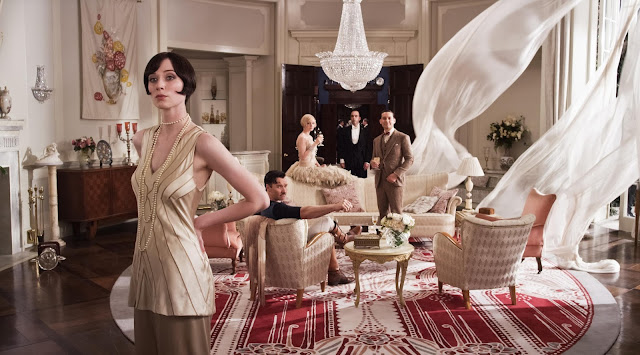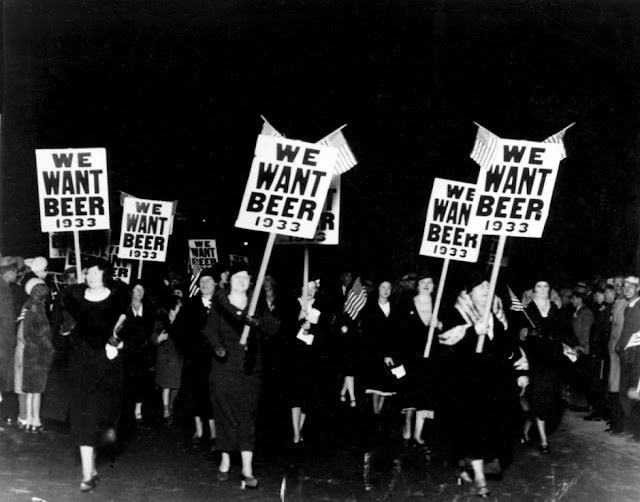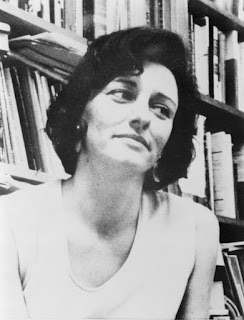Absent From Thee - John Wilmot
" Absent from thee I languish still ; Then ask me not, when I return? The straying fool 'twill plainly kill To wish all day, all night to mourn . Dear! from thine arms then let me fly, That my fantastic mind may prove The torments it deserves to try That tears my fixed heart from my love. When, wearied with a world of woe , To t hy safe b osom I retire where love and peace and truth does flow, May I contented there expire, Lest, once more wandering from that heaven , I fall on some base heart unblest , Faithless to thee, false, unforgiven , And lose my everlas ting rest ." Meaning - The basic meaning of this poem would be hat the speaker - John Wilmot - is struggling to remain faithful to his lover. They seem to be separated throughout the poem and perhaps insinuates that they are separate a lot of the time. During ...





